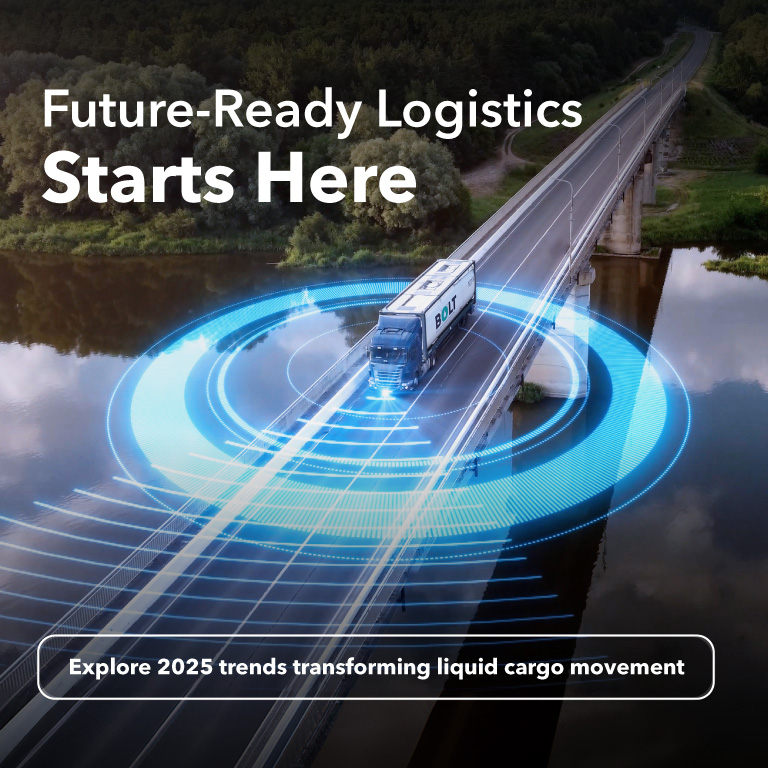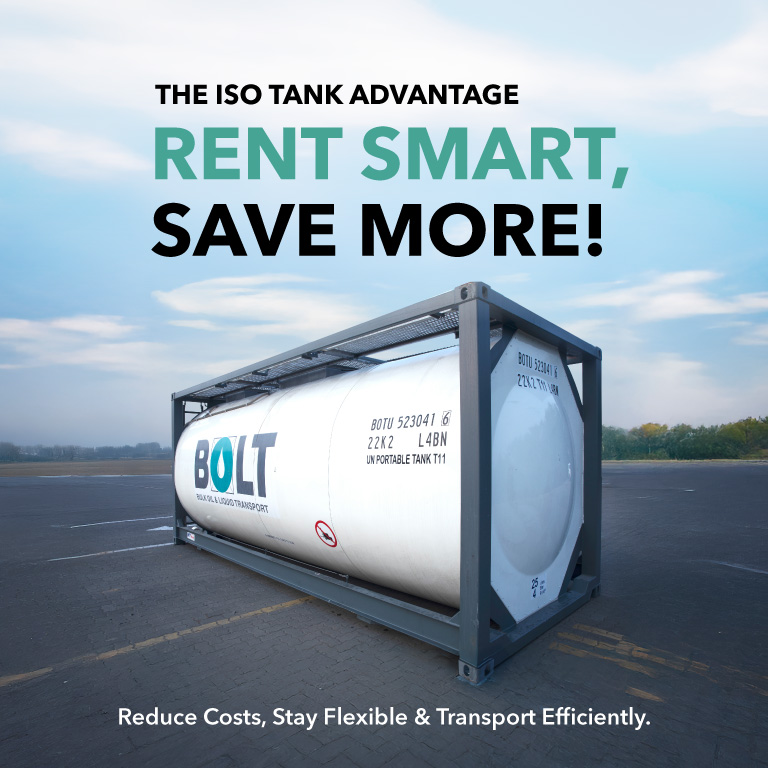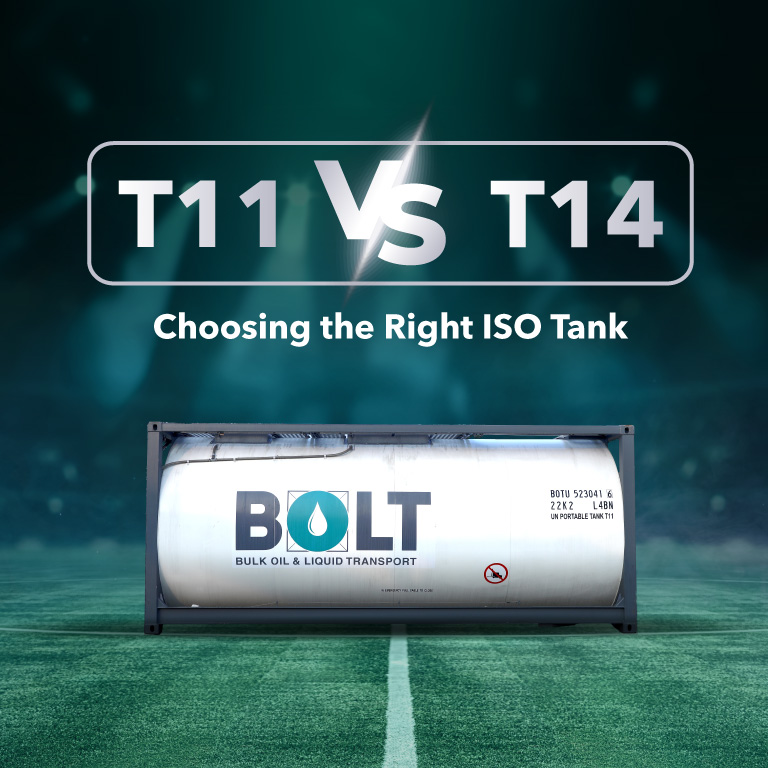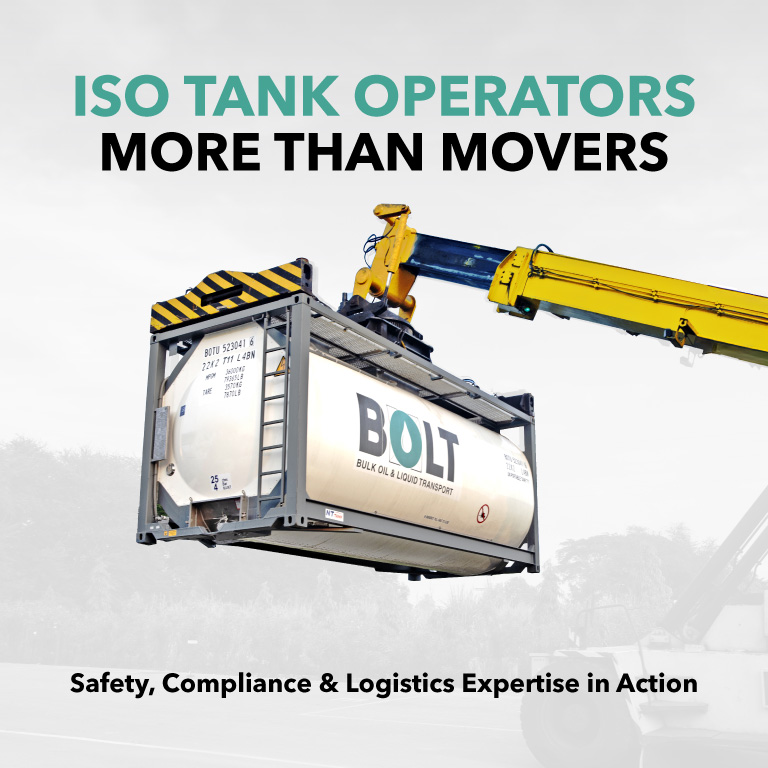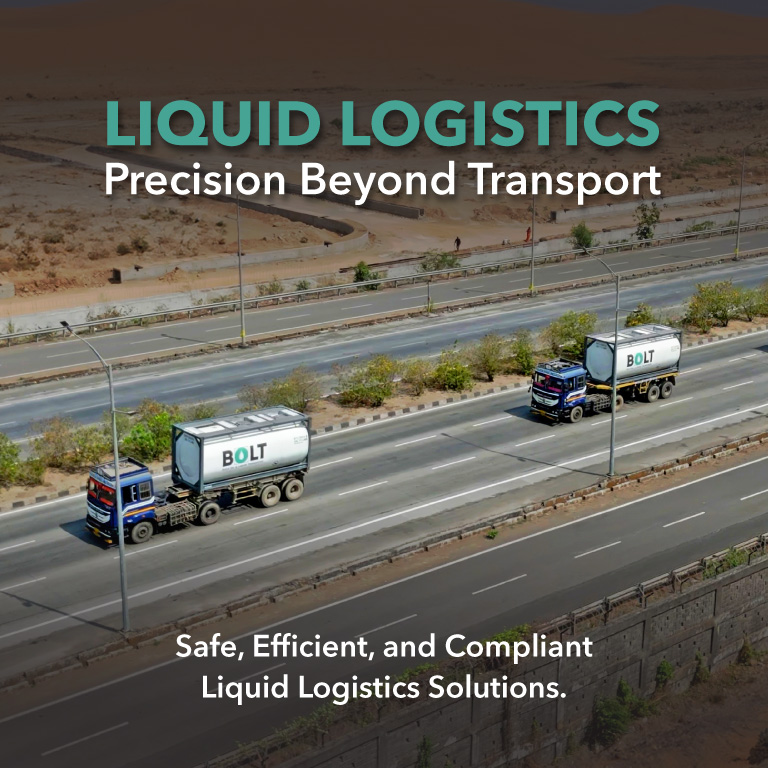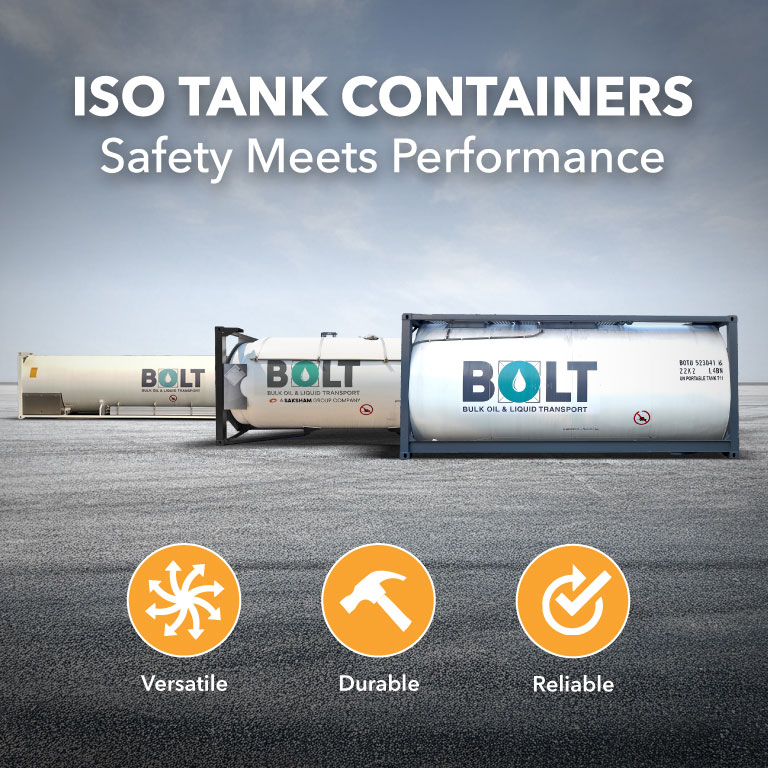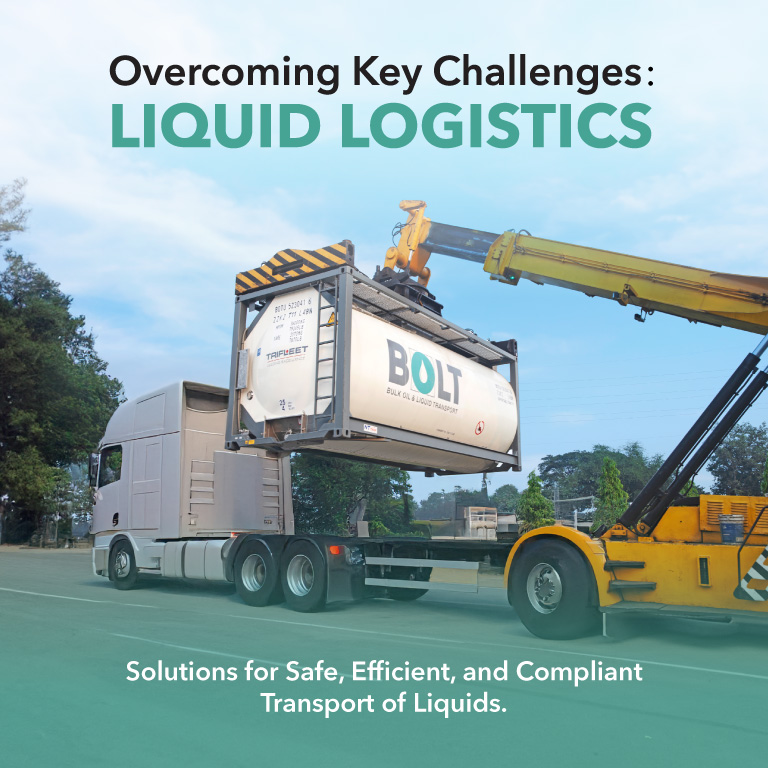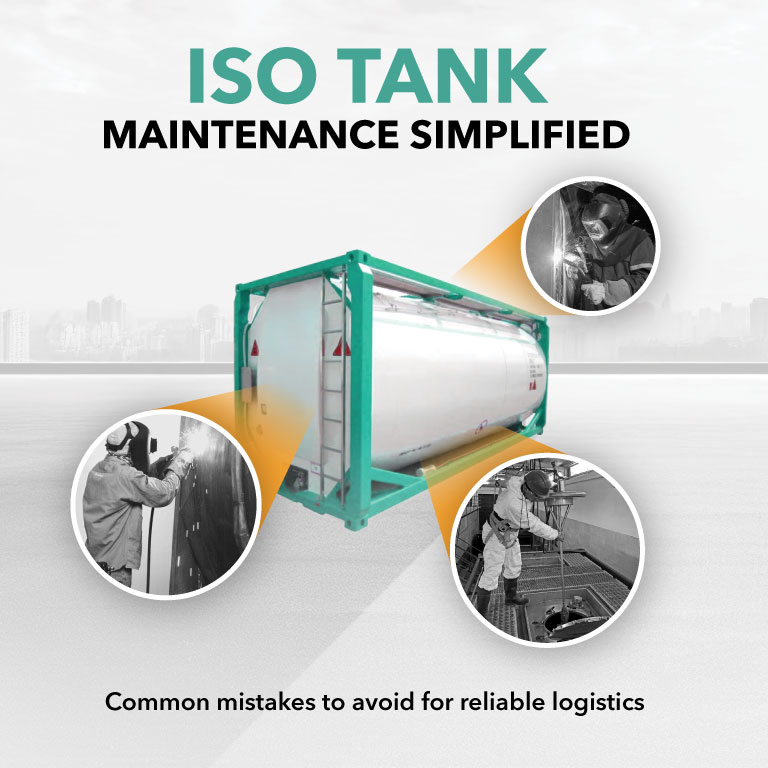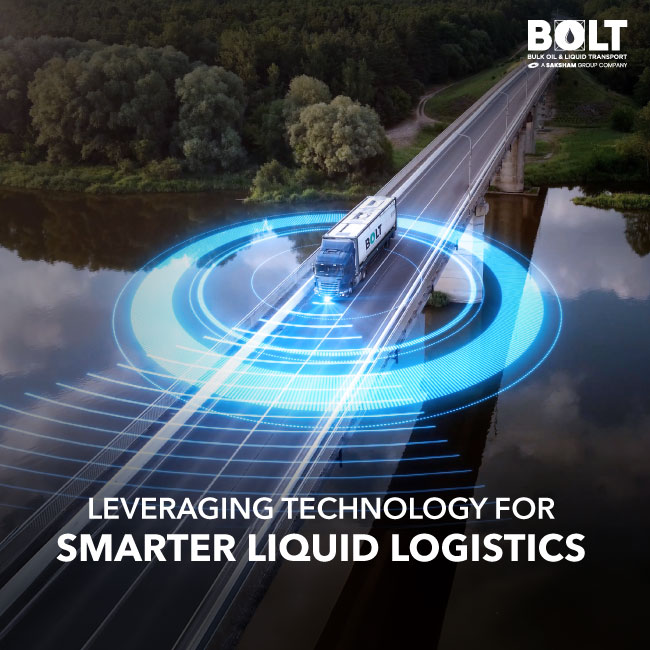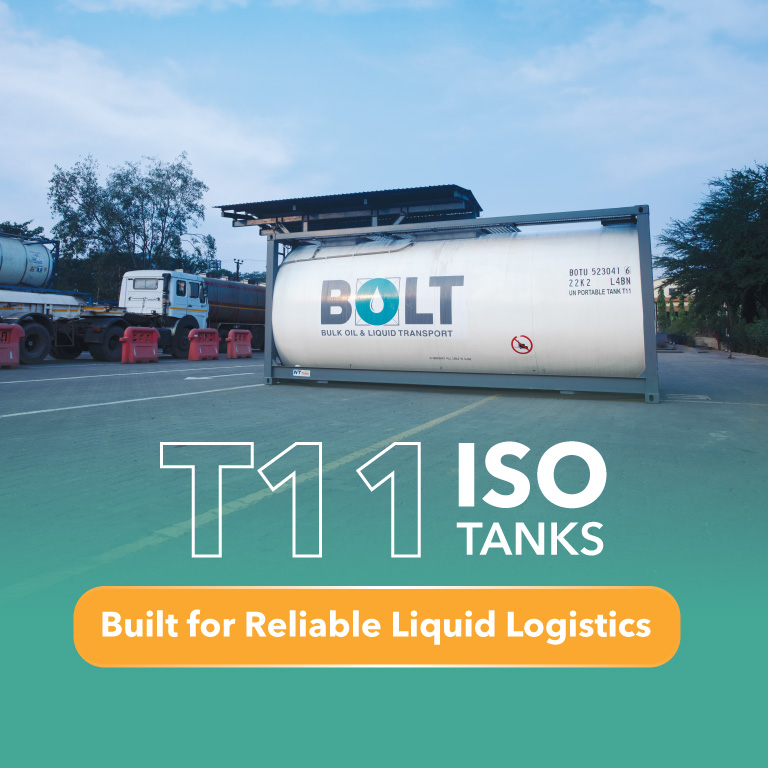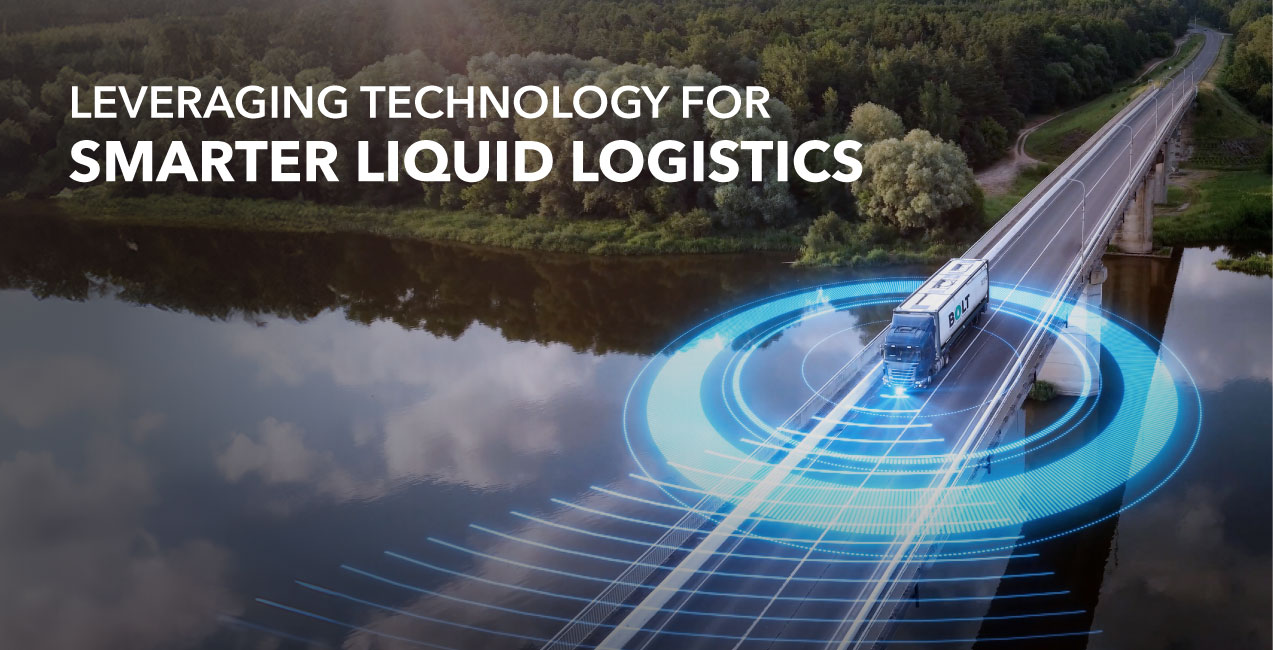
Leveraging Technology for Smarter Liquid Logistics
In an era where speed, safety, and precision are paramount, the role of Information Technology (IT) in liquid logistics has become indispensable. The transportation of liquid goods—whether chemicals, oils, or food-grade liquids—presents unique challenges. These include the need for constant monitoring, strict regulatory compliance, and real-time communication across multiple parties. IT solutions are not just enhancing the efficiency of logistics operations; they are transforming the entire supply chain.
Keyways IT Transforms Liquid Logistics
- Real-Time Tracking and Monitoring Liquid logistics often involves sensitive cargo that must be transported under specific conditions, such as temperature or pressure. With real-time tracking and monitoring systems, businesses can track the condition of goods in transit and take corrective actions if necessary. This level of visibility ensures that liquid shipments are delivered safely and efficiently.
- Enhanced Communication and Collaboration Effective communication is crucial when multiple parties are involved in transporting liquid goods. IT solutions like cloud-based platforms and enterprise software allow all stakeholders—suppliers, freight forwarders, transporters, and customers—to share real-time data. This ensures that everyone is aligned, and any potential issues can be addressed promptly.
- Route Optimization Given the perishable or hazardous nature of liquid cargo, optimizing transportation routes is essential. IT-driven solutions help logistics companies plan the most efficient routes based on real-time traffic, weather, and road conditions, minimizing delays and reducing costs.
- Invoice Processing: Seamless auto-invoice processing through which the supplier or vendor invoices move in the system from its initial receipt to the final payment and recording in a general ledger. With this rather than manually routing the invoices, each invoice gets Auto-sign offs eliminating the problem of invoices being forgotten or ignored.
- Compliance and Safety Assurance Compliance with industry regulations is a critical concern in liquid logistics. IT tools enable automatic documentation, reporting, and monitoring to ensure that all safety standards are met. Automated compliance checks reduce the risk of fines and ensure that the right procedures are followed, whether for hazardous materials or food-grade liquids.
Leveraging Technology for Seamless Operations: The Role of ERP Software
A key element in optimizing liquid logistics is the integration of Enterprise Resource Planning (ERP) systems. These software solutions help logistics companies manage everything from inventory to customer service by connecting various functions into a single platform.
For example, an ERP system can provide:
- End-to-End Visibility: Real-time insights in the logistics operations, includes inventory levels, order status, shipment tracking, and performance analytics. This visibility enables proactive decision-making, accurate planning, and effective risk management.
- Optimized Resource Allocation: ERP systems help allocate resources such as vehicles and personnel efficiently, ensuring that the right equipment is used for the right job.
- Data-Driven Decision Making: By aggregating data from various sources, ERP systems allow businesses to make informed decisions about route planning, fleet maintenance, and overall operational strategies.
- Scalability and Flexibility: As logistics needs grow, an ERP system can scale to handle larger volumes and more complex operations without a loss of efficiency.
Conclusion
- The role of IT in liquid logistics cannot be overstated. From real-time monitoring to optimizing routes and ensuring compliance, technology is essential for meeting the challenges of transporting liquid goods safely and efficiently. Systems like ERP software are empowering companies to make better decisions, streamline operations, and provide a higher level of service.
At BOLT, we envisioned this technological transition early on and built an in-house ERP system tailored to our unique needs. Over time, this software has evolved and become more robust, helping us deliver enhanced customer service. By leveraging our ERP system, we ensure better coordination, real-time data access, and optimized resource management—ultimately providing our customers with a more reliable and efficient liquid logistics experience.
Blog by:

